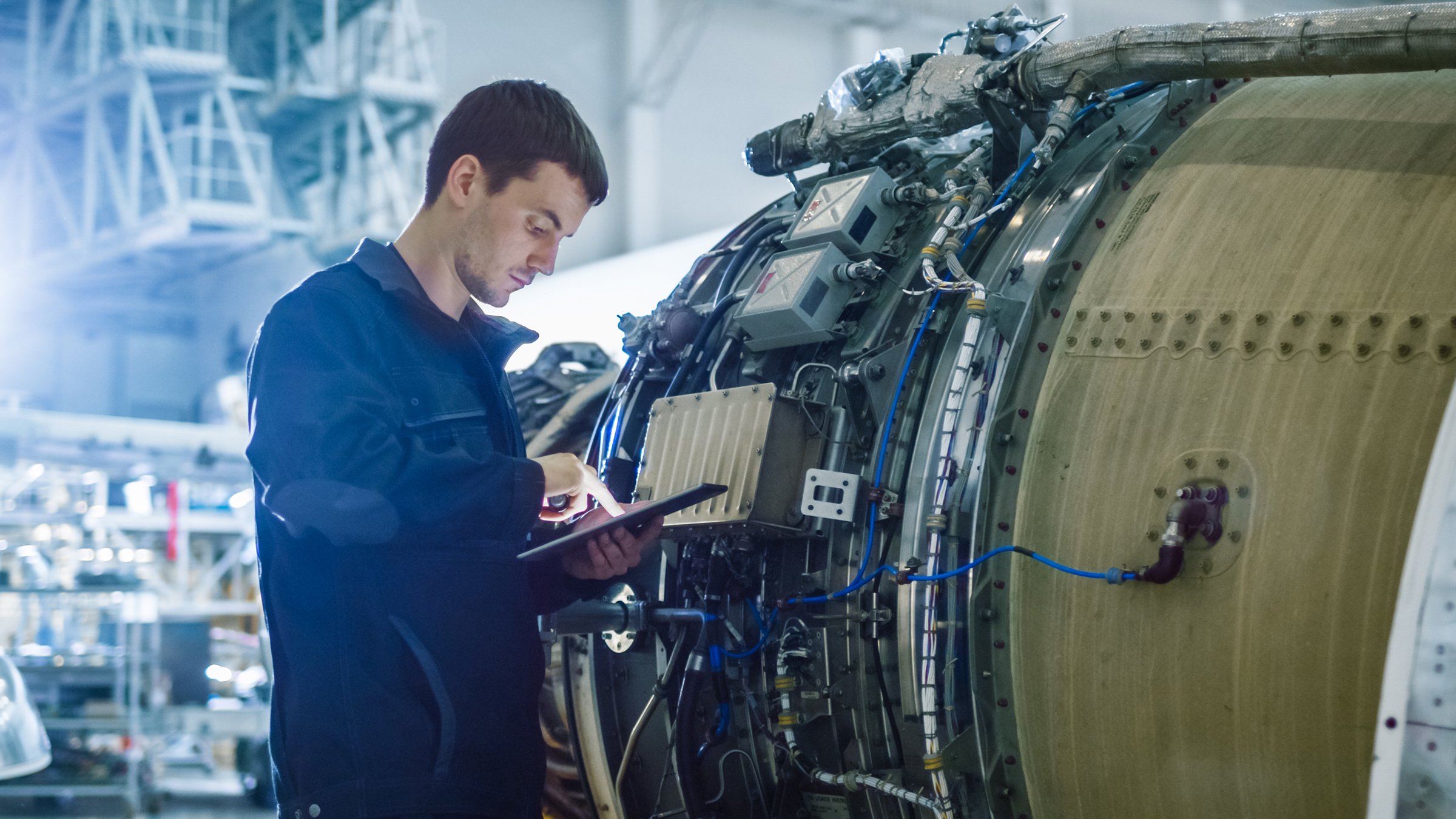Challenge
To determine the number of aircraft available at any given time during a simulation run, assuming an ideal sparing situation.
Solutions
Arena included several Inputs to test variability against:
- Number of MOBs in Operation
- Aircraft Distributions and Quantities
- Reductions in the Durations and Frequencies of the Activities
- Number of Aircraft to be Placed in DLIR at a Time
- All Data on Activity Durations and Frequencies
Results
- 7 Aircraft required at MOB Comox
- 6 Required at all other MOBs
- 25% required for three or four bases respectively
- 25% reduction in inspection requirements
Background
The CH149 Cormorant is the Canadian Forces (CF) designation for the AgustaWestland EH101, the Canadian Air Force’s only dedicated search and rescue (SAR) helicopter. Since its procurement, the availability for operations of the CH149 fleet has been less than what was initially predicted. This study was undertaken to determine if the low serviceability of the fleet was due to its maintenance programme. A discrete-event simulation model was created to determine the number of aircraft available at any given time during a simulation run, assuming an ideal sparing situation. Analysis indicates that the current fleet cannot operate from four (or even three) Main Operating Bases (MOBs) in an ideal sparing situation, implying that the fleet’s availability problem cannot theoretically be solved simply by addressing the logistical problem of the spares.
Challenge
It was hypothesized that the low serviceability of the CH149 fleet was due to its maintenance program. This study was undertaken to determine if the current fleet of CH149 aircraft could possibly operate from four MOBs under an ideal sparing situation, and to determine if the low serviceability of the fleet is due to its maintenance program.
Solution
To tackle the problem of the fleet’s availability in an ideal sparing situation, all maintenance activities that are performed on the aircraft were determined, along with their durations and frequencies. A discrete-event simulation model was created to determine the number of aircraft available at any given time during a simulation run, assuming an ideal sparing situation, and the performance measure pertaining to SAR standby aircraft availability in the model was compared to its desired levels.
Results
Studying the performance measure of the fleet relating to Search and Rescue (SAR) standby aircraft availability in an ideal sparing situation provides an answer as to whether the fleet’s poor availability is a result of its maintenance programme (which includes its scheduled inspections and maintenance, corrective maintenance, and so on), and whether 1192 Pall or not the problem of the fleet’s availability could possibly be solved by solving the logistical problem.
It was found that in order to meet the target range, at least 7 aircraft are required at MOB Comox, and at least 6 aircraft are required at all other MOBs assuming an ideal access to spares. Hence at least 25 or 19 aircraft are required if four or three bases are desired, respectively.
Additionally, it was shown that a 25% reduction in the durations of the major, minor, and out-of-sequence inspections of the aircraft had significant impacts on the number of aircraft required. It was found that with these reductions in place, only 5 aircraft would be required at each base in an ideal sparing situation, for a total of 20 aircraft if 4 MOBs are in operation, or a total of 15 aircraft if 3 MOBs are in operation. It should not be expected that the current fleet of 14 aircraft can operate indefinitely from 4, or even 3, MOBs without significant changes to the fleet’s maintenance program.
These results imply that the fleet’s availability problem (of not meeting the target range for the performance measure) cannot theoretically be solved simply by addressing the logistical problem of the spares – the maintenance demands of the fleet need to be reduced or the size of the fleet would have to be increased in order to meet the performance measure’s target range. A number of recommendations regarding the availability of the CH149 fleet were made to military staff upon completion of this study. These recommendations have had a significant impact on the maintenance programmes of the fleet, as well as on future acquisitions of rotary wing search and rescue aircraft.
Published July 31, 2014
Ready to Order Your Software?
You may also be interested in
